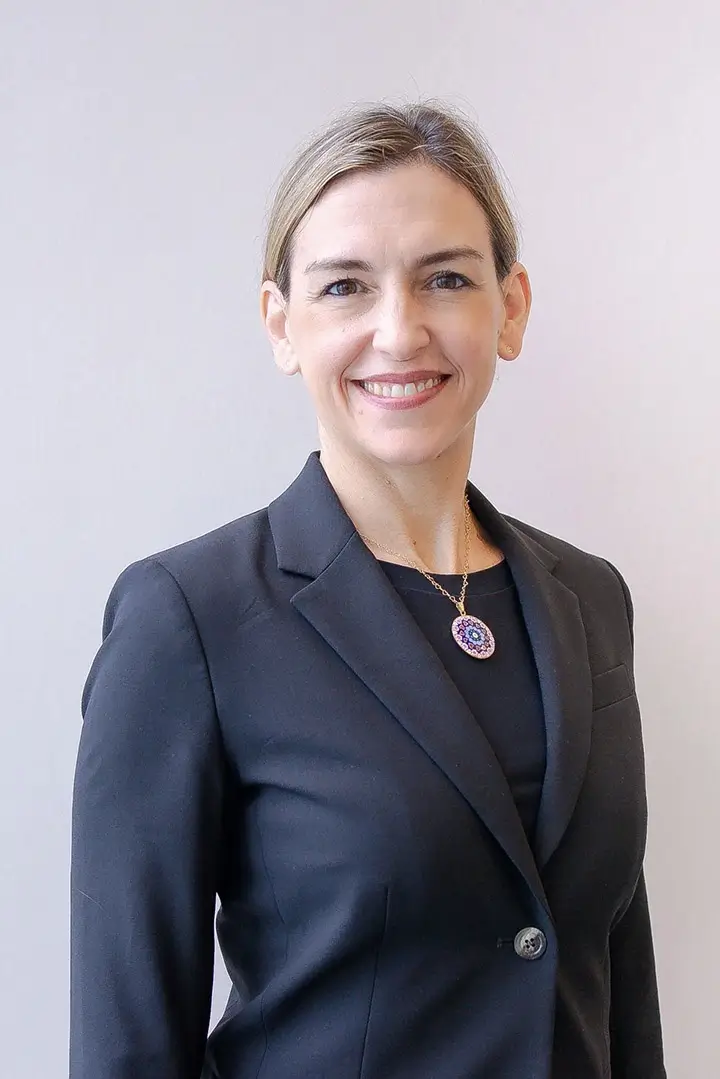The U.S. company Stem Cell Therapy International Inc. (SCII) today announced that it has agreed to litigation settlement terms with both the U.S.-based company Histostem-USA, and with the S. Korean company known as Histostem-Korea.
The terms of the agreement are contingent upon the close of an SCII and Histostem-Korea merger, to be forthcoming within the month. Specifically, the litigation agreement is contingent upon SCII acquiring no less than 90% of the total fully diluted equity of Histostem-Korea at the close of the merger.
As stated in the press release, "For the consideration provided by Histostem-USA, including but not limited to a waiver of claims and a general release, Histostem-Korea and SCII have agreed to pay Histostem-USA $100,000 in cash, which will be divided into three equal payments over a two year period; and seven and one half percent (7.50%) of the fully diluted total outstanding shares of SCII common stock following the close of the merger between Histostem-Korea and SCII. The management of Stem Cell Therapy International Inc. will continue to finalize a new merger agreement between SCII and Histostem-Korea in the next fifteen days."
According to Andrew Norstrud, CFO of SCII, "Over the past year, it has been very challenging to make significant progress in operations, obtain the necessary financing to execute our global strategy, and complete the merger while we were waiting for the final resolution in the Histostem-Korea litigation. We appreciate all of the investors who have continued to support SCII, and we look forward to completing this merger and obtaining the necessary financing to enable us to accelerate our strategic initiatives in the near future."
As further stated in the press release, SCII "plans to leverage Histostem-Korea’s technology to be the state-of-the-art conduit for bringing Asian adult stem cells into the U.S. for clinical trials and the treatment of conditions on which Americans spend billions of dollars annually. This is predicated on successful clinical trial results by Histostem-Korea for Male Pattern Baldness, Buerger’s Disease and other conditions, whose repository of over 80,000 cord blood units has consistently met the rigorous standards of the Korean FDA. This has made Histostem-Korea the largest repository of cord blood in the world, and one of the first to actually profit from sales of its own stem cell-derived products."
Based in Tampa, Florida, SCII is a regenerative medicine company that is "devoted to the treatment of patients with stem cell transplantation therapy as well as providing the supplies of biological solutions containing new lines of stem cell products," as described on their website. As further described on the company’s website, SCII uses a type of adult stem cell procedure which they refer to simply as "stem cell transplantation (SCT)", which is based exclusively upon adult stem cells and which, as they explain, "is a surgical procedure that has been used successfully for 70+ years as a treatment of many diseases for which modern medicine has had no therapy, or in which state-of-the-art therapies stopped being effective. A documented 5 million patients have been so treated worldwide to date, evidenced by over 120,000 publications in MEDLINE (see www.nlm.nih.gov) amongst others. SCT is approved for use by the German authorities and the EU."
AmStem International, a wholly owned subsidiary of SCII, is based in Northern California where it specializes is "biotherapeutic and cosmetic stem cell products".
Founded in 2000 and based in Seoul, S. Korea, Histostem houses the largest repository of cord blood stem cells in the world, from which the company has already treated more than 500 patients. The company currently has 56 full-time employees and 28 part-time employees, and an intellectual property portfolio that consists of 5 patents that have already been granted and 6 patents applications that are still pending.
(Please see the related news article on this website, entitled, "Leading U.S. and S. Korean Stem Cell Companies Announce Merger", dated September 25, 2009).

